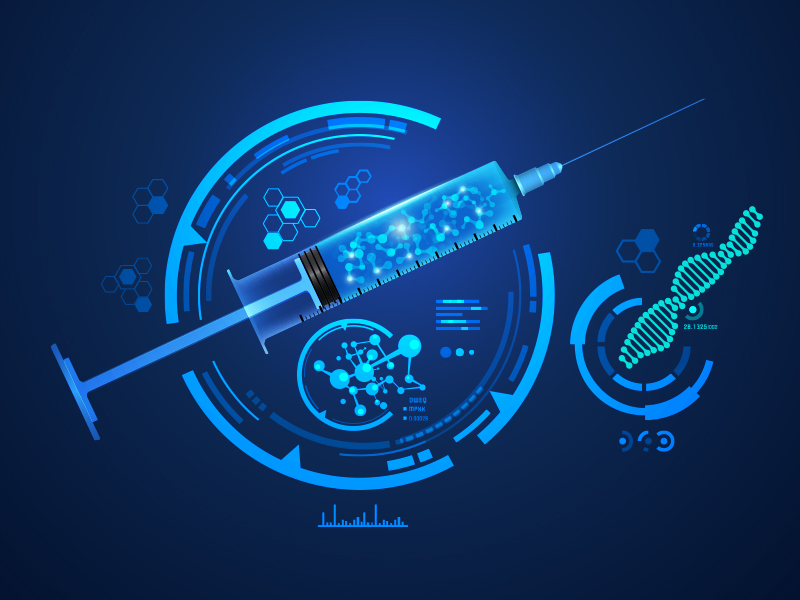Jakarta: The British Government through Fleming Fund Programme in partnership with Indonesia’s Health Ministry is set to inaugurate the newly renovated Balai Besar Laboratorium Kesehatan (BBLK) in Surabaya on Tuesday.
The inauguration will be attended by East Java Governor Khofifah Indar Parawansa, senior representatives from Ministry of Health, Coordinating Ministry for Human Development and Culture (PMK) and British Deputy Ambassador to Indonesia and Timor Leste Matt Downing.
BBLK Surabaya is a national reference laboratory for Eastern Indonesia that serves society with laboratory diagnostics and technical guidance for other laboratories in the region.
As a microbiology laboratory, BBLK is responsible for propagating and distributing proficiency testing rounds for antimicrobial resistance testing samples laboratories and for validating samples from sentinel laboratories, ensuring the whole surveillance system is effective, reliable and meets the high standards required for patient care and surveillance purposes.
The Fleming Fund has invested Rp3,6 billion in laboratory equipment and IDR 2,6 billion in renovation works for BBLK Surabaya since 2020.
One piece of equipment, the BioMerieux VITEK MS, also known as a MALDI-TOF, is worth more than a billion rupiah.
This state of the art mass spectrometer allows BBLK lab staff to rapidly identify bacteria by species based on samples from hospital patients.
"I am delighted to be present at this important inauguration. The United Kingdom’s Fleming Fund Country Grant to Indonesia has supported Balai Besar Laboratorium Kesehatan (BBLK) Surabaya with an investment of nearly GBP 350,000 in renovations, state of the art instruments and laboratory capacity strengthening including important training," the British Deputy Ambassador said in a statement on Tuesday.
"AMR is a silent pandemic. The capacity of sampling systems and laboratories to produce data quickly and to the high standards needed is critical to saving lives now and in the future. National surveillance, with One Health coordination across systems, is vital to inform healthcare delivery and policy. The UK is proud to be able to collaborate with Indonesia as we all tackle this deadly threat," Downing added.
Knowing what is causing the disease in near real time -- 15 minutes in the lab versus at least 4 hours using other methods -- will dramatically speed up laboratory analysis helping doctors to make decisions for their patients with infections.
Doctors will know much more quickly whether or not to subscribe antibiotics, and then make a better decision on which drugs to prescribe.
This means that patients will recover more quickly and will be less likely to suffer side effects.
It will also lower the costs of healthcare, with patients spending less time in hospital - getting patients home and contributing to their communities and the Indonesian economy more quickly.
Cek Berita dan Artikel yang lain di Google News
FOLLOW US
Ikuti media sosial medcom.id dan dapatkan berbagai keuntungan



















